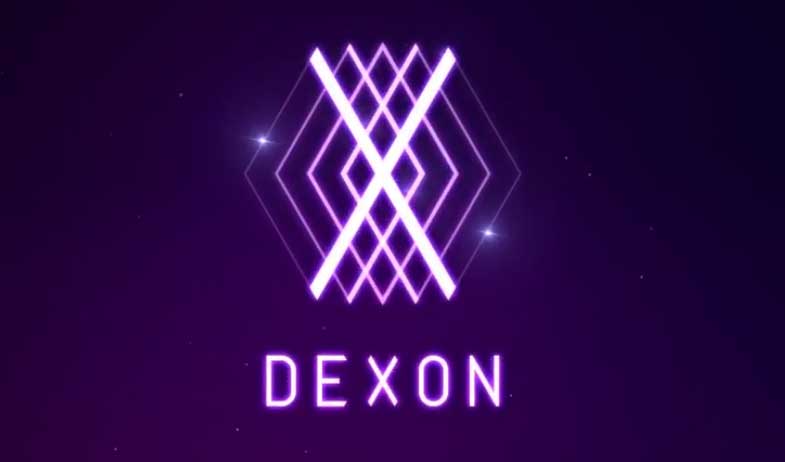 EMERGING TECH
EMERGING TECH
 EMERGING TECH
EMERGING TECH
 EMERGING TECH
EMERGING TECH
The Dexon Foundation, startup and developer of a high-speed, distributed ledger blockchain protocol, announced today it has completed a $20 million private funding round led by IDG Capital to push development of its network.
Dexon provides a platform for developing decentralized applications. The software has its back-end code running across a highly distributed platform capable of executing actions and delivers software services via a peer-to-peer network of connected computers and servers.
The foundation was founded in June by the leadership team of Cobinhood, a cryptocurrency services platform and zero-fee exchange. The company’s decentralized protocol, named “blocklattice,” makes use of a blockchain, a peer-to-peer tamperproof database where all peers in the network acknowledge transactions in order to secure activity.
The protocol’s big claim in design is that it will allow the company’s platform to provide transaction speeds competitive with major credit card companies. This is a much-sought-after capability of many blockchain networks that underpin currencies, such as bitcoin, that cannot sustain rapid transactions at large scale.
“Blockchain is still in its early stages, though many industries are looking to implement blockchain and talk constantly about its benefits, it has yet to reach rapid adoption,” Popo Chen, founder of both Conbinhood and Dexon, said regarding the founding of Dexon. “Factors like speed of transactions have been a crucial inhibitor in allowing this technology to be implemented into the real-world banking ecosystem. The innovation surrounding blocklattice architecture like Dexon will enable use cases such as everyday banking, stock and cryptocurrency exchange, micropayments and other markets.”
When it comes to current scalability for bitcoin, the world’s most popular cryptocurrency with a market cap of $107 billion, the network can only sustain an estimated maximum of seven transactions per second, and it currently runs near three. The second most popular blockchain, Ethereum, currently supports a maximum of 15 transactions per second. For comparison, Visa Inc. and MasterCard Inc. process on average 1,971 transactions per second.
The company also announced the results of its own internal test of transaction speeds using the Dexon protocol: about 50 blocks per second with only 25 nodes. This represents an estimated rate of 1 million transactions per second, given a block size of 2 megabytes and transaction sizes of 100 bytes.
“We hope to partner with credit card institutions, as we’re now able to offer the same processing power without a need for centralization,” said Chen. “Other than Dexon, current blockchain protocols can only process a few secure transactions per second, leaving them unable to keep pace with traditional solutions.”
Extremely high-speed blockchain networks have been in the works for some years now, especially thanks to the use of popular blockchains as currency systems. Such a successful development would represent a quantum leap for blockchain systems.
Recently the founding developer of Ethereum, Vitalik Buterin, mentioned in-development enhancements to the blockchain protocol during an “ask me anything” session. These enhancements would provide a second layer that could deliver more than 1 million transactions per second with the potential to scale up to more than 100 million.
However, Buterin also believes that much of this technology will not come to market for a few more years.
“Bitcoin is processing a bit less than 3 transactions per second,” he said during an interview in September 2017. “Ethereum is doing five a second. Uber gives 12 rides a second. It will take a couple of years for the blockchain to replace Visa.”
According to Dexon’s roadmap, its blockchain protocol is on course to launch a test network, a block explorer and a wallet that will demonstrate its capabilities by the end of 2018. The main platform will become publicly available in the first quarter of 2019.
Support our mission to keep content open and free by engaging with theCUBE community. Join theCUBE’s Alumni Trust Network, where technology leaders connect, share intelligence and create opportunities.
Founded by tech visionaries John Furrier and Dave Vellante, SiliconANGLE Media has built a dynamic ecosystem of industry-leading digital media brands that reach 15+ million elite tech professionals. Our new proprietary theCUBE AI Video Cloud is breaking ground in audience interaction, leveraging theCUBEai.com neural network to help technology companies make data-driven decisions and stay at the forefront of industry conversations.